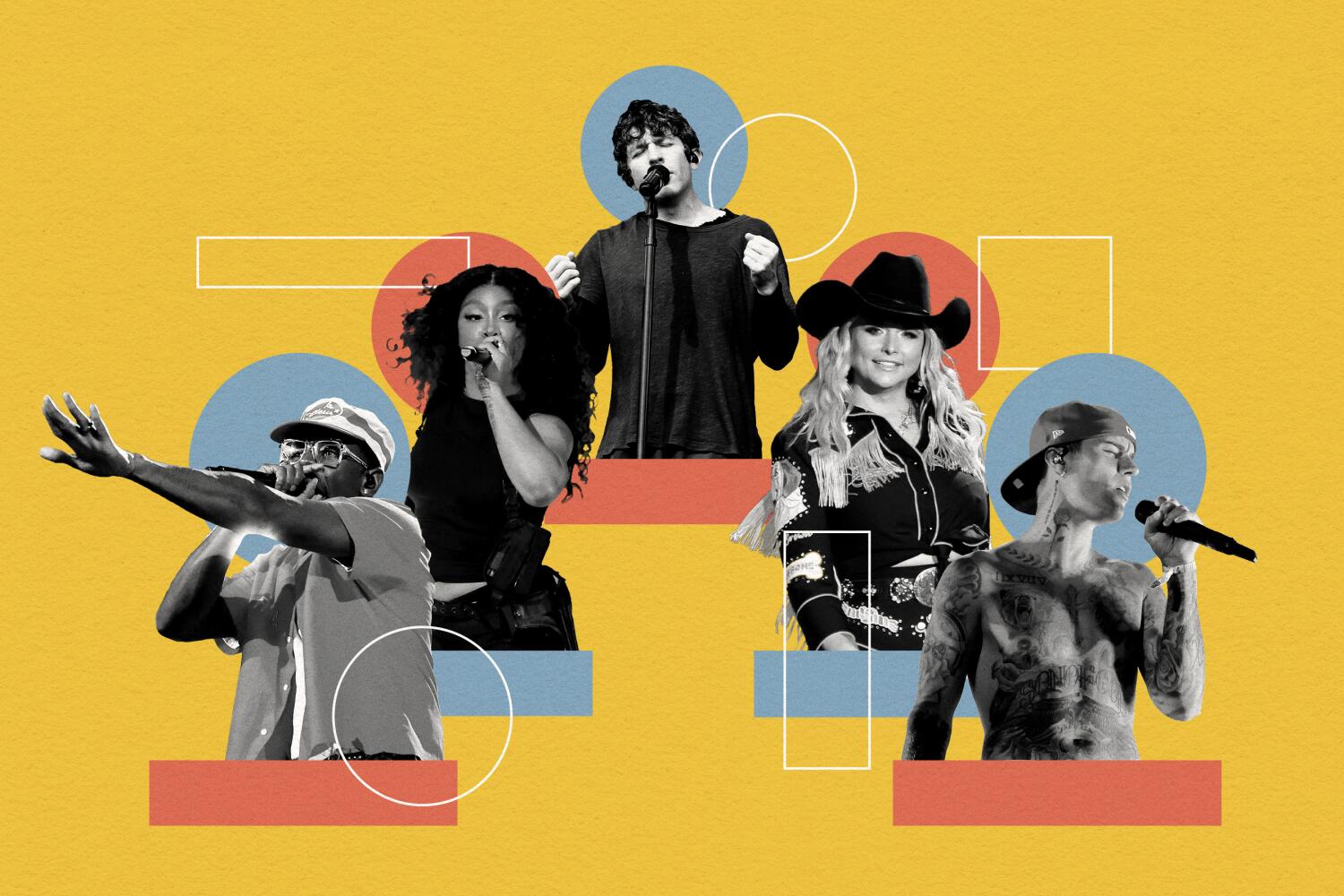Credit score: Pixabay/CC0 Public Area
New analysis printed earlier this month in AIDS and Habits highlights hyperlinks between excessive climate occasions, corresponding to drought and flooding, and elevated HIV vulnerabilities amongst intercourse staff and sexually numerous males in Nairobi, Kenya.
Whereas there was rising consideration to the impacts of local weather change on HIV vulnerabilities, previous analysis has largely missed key populations, corresponding to intercourse staff and homosexual, bisexual, and different males who’ve intercourse with males (gbMSM), comprising a essential data hole.
“Climate shocks and extreme weather events are already known to exacerbate poverty and resource scarcity, which can amplify HIV risk. Sex workers and gbMSM may be particularly vulnerable to these adversities because of the compounding impacts of stigma and social marginalization,” says lead creator Carmen Logie, a Professor on the College of Toronto’s Issue-Inwentash College of Social Work (FIFSW) and an Adjunct Professor on the United Nations College Institute for Water, Atmosphere, and Well being.
Researchers from the College of Toronto in partnership with Kenyan community-based collaborators performed a multi-method qualitative research with 21 intercourse staff and 15 gbMSM to look at their lived experiences navigating local weather change, excessive climate occasions, useful resource insecurities (corresponding to an absence of meals or water), and HIV vulnerabilities.
Contributors described quite a few interrelated connections between excessive climate occasions and HIV vulnerabilities. For instance, drought and flooding led to meals and water insecurity, which resulted in contributors enacting coping methods that will enhance HIV danger, together with elevated transactional intercourse the place there’s typically much less company to barter condom use.
Contributors additionally described going through elevated dangers of sexual violence when having to journey longer distances to entry water, one other pathway by which useful resource shortage can enhance HIV vulnerability.
“Our findings align with emerging research on the links between climate change-related resource insecurities and HIV vulnerabilities through numerous pathways, including transactional sex, sexual violence, and reduced condom efficacy,” says co-author Andie MacNeil, a Ph.D. pupil at FIFSW. “Combined, this research underscores the urgent need to address resource scarcities, particularly among vulnerable populations in climate-affected areas.”
Contributors additionally shared how LGBTQ stigma contributed to broader problems with financial precarity that have been worsened by excessive climate occasions and ensuing useful resource scarcities. Whereas the impacts of local weather change are widespread, the interaction of stigma and social marginalization creates explicit challenges for intercourse staff and gbMSM.
“Intersecting stigmas related to sex work and LGBTQ status intensify the harmful impacts of extreme weather events,” says co-author Humphres Evelia, Govt Director of the Centre for the Examine of Adolescence in Nairobi, Kenya. “The participants in our study described reduced access to care and increased risks of criminalization due to their identities, compounding the effects of extreme weather.”
The researchers are hopeful that this research may also help inform methods to mitigate HIV danger within the context of local weather change.
“Interventions to reduce resource scarcities are paramount to addressing HIV vulnerability,” says Logie. “There is a need for further development and evaluation of climate-informed HIV interventions, such as long acting PrEP and mobile pharmacies, with particular consideration for reducing stigma and ensuring these services are tailored for sex workers and gbMSM.”
Extra data:
Carmen H. Logie et al, Excessive Climate Occasions and Linkages with HIV Vulnerabilities Amongst Younger Intercourse Staff and Sexually Various Males in Nairobi, Kenya: Qualitative Multi-method Insights, AIDS and Habits (2025). DOI: 10.1007/s10461-025-04759-y
Offered by
College of Toronto
Quotation:
Excessive climate occasions linked to HIV vulnerabilities amongst intercourse staff and sexually numerous males in Kenya (2025, Might 22)
retrieved 23 Might 2025
from https://medicalxpress.com/information/2025-05-extreme-weather-events-linked-hiv.html
This doc is topic to copyright. Other than any honest dealing for the aim of personal research or analysis, no
half could also be reproduced with out the written permission. The content material is offered for data functions solely.




